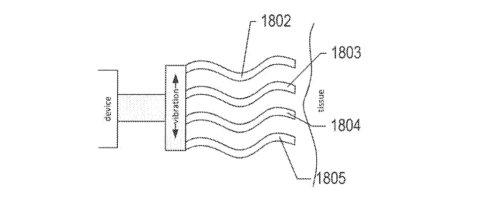By Paul R. Gugliuzza and J. Jonas Anderson
In the past few weeks, more and more people outside of patent law have learned about ‘judge shopping’—quirks in procedural rules that allow plaintiffs to pick not just a court but the individual judge who will hear their case.
Republican state attorneys general and conservative activists have been exploiting those rules to challenge federal government policies on abortion, immigration, gun control, transgender rights, and more in front of sympathetic, Republican-appointed judges, primarily in Amarillo and Wichita Falls, Texas.
Last month, the Judicial Conference of the United States (a group of judges who oversee the operation of the federal courts) issued a new policy urging courts to adopt case assignment procedures that prevent judge shopping, especially in cases challenging federal law.
Predictably, the beneficiaries of judge shopping—namely, Republicans—decried the new policy as politically motivated and urged district courts to ignore it. Democrats, for their part,
